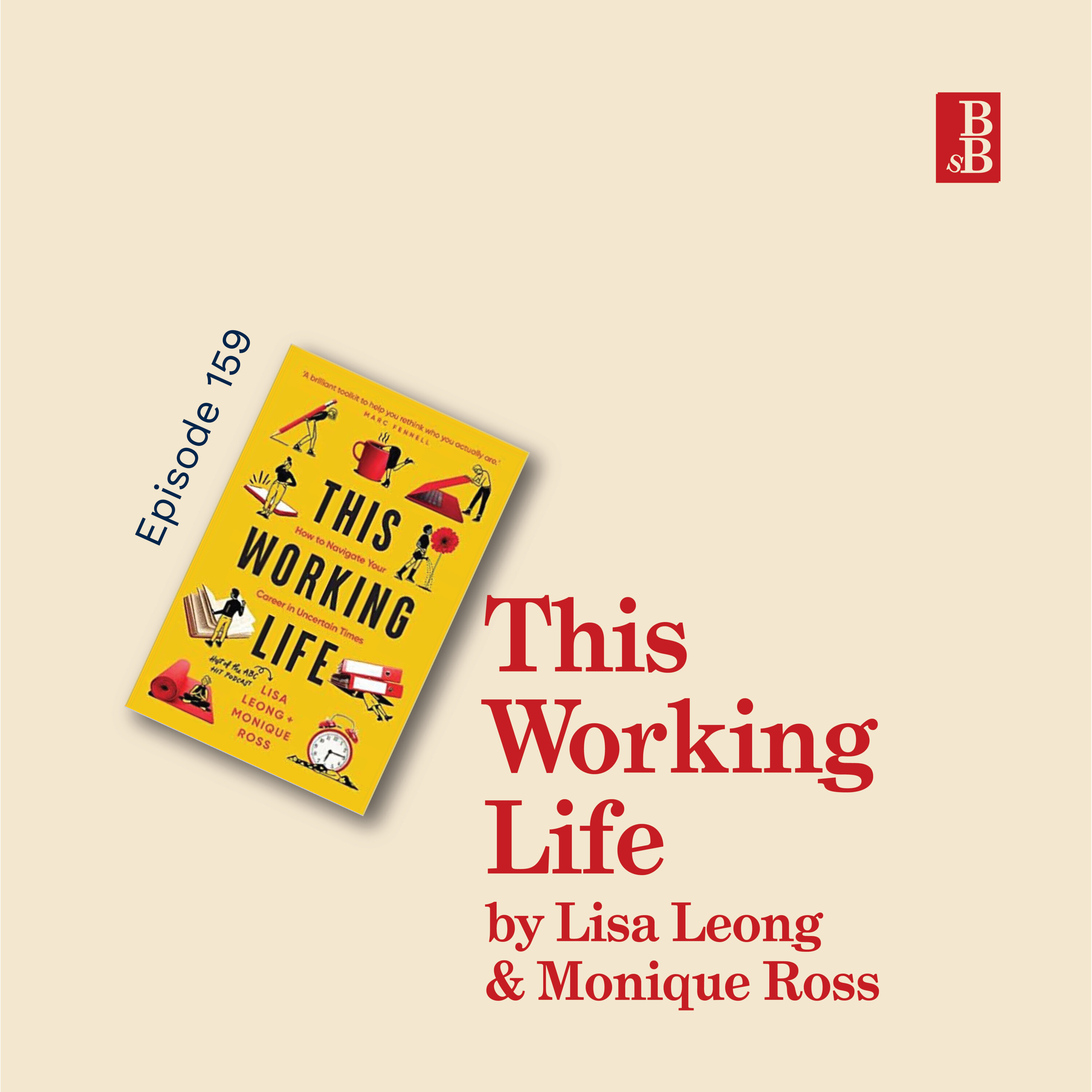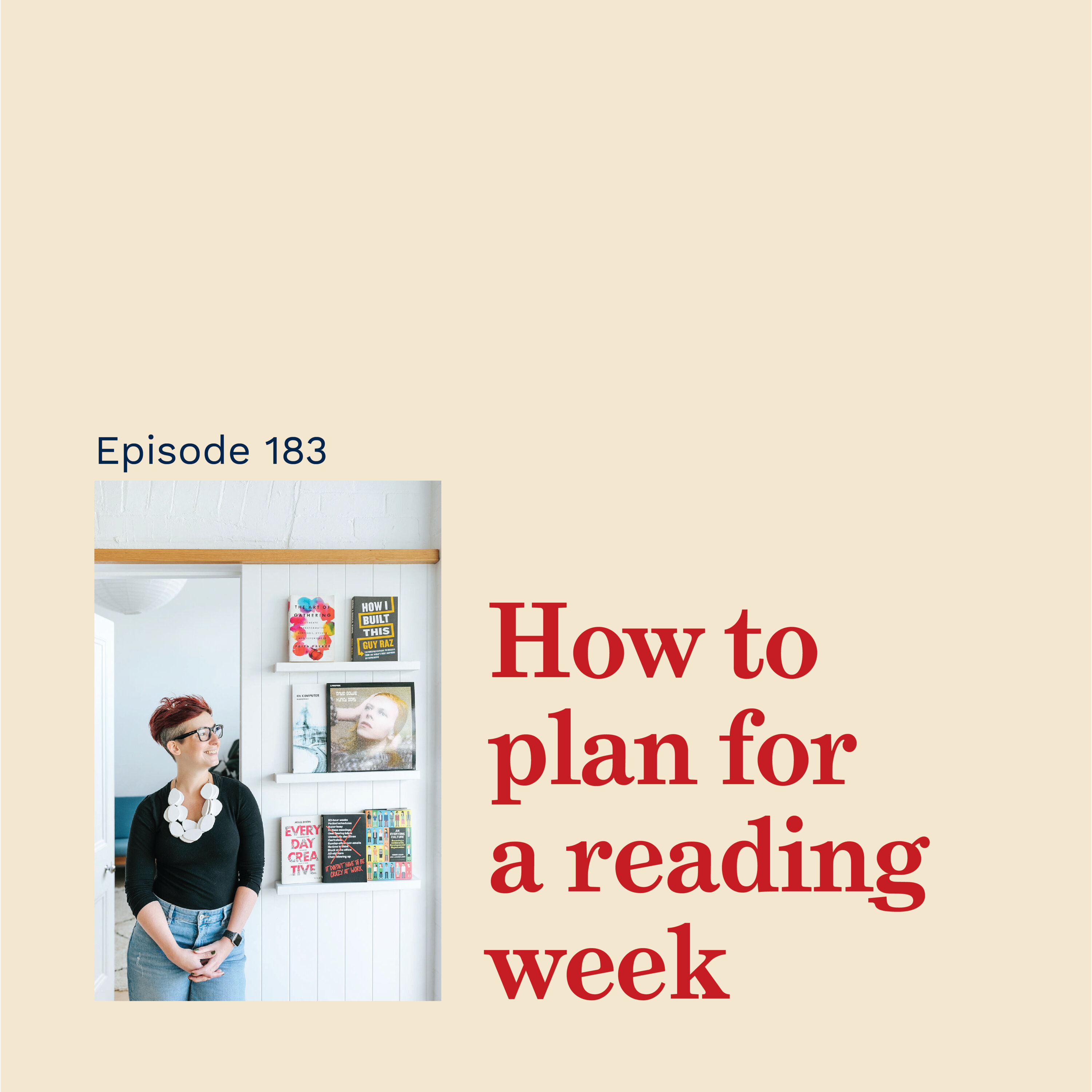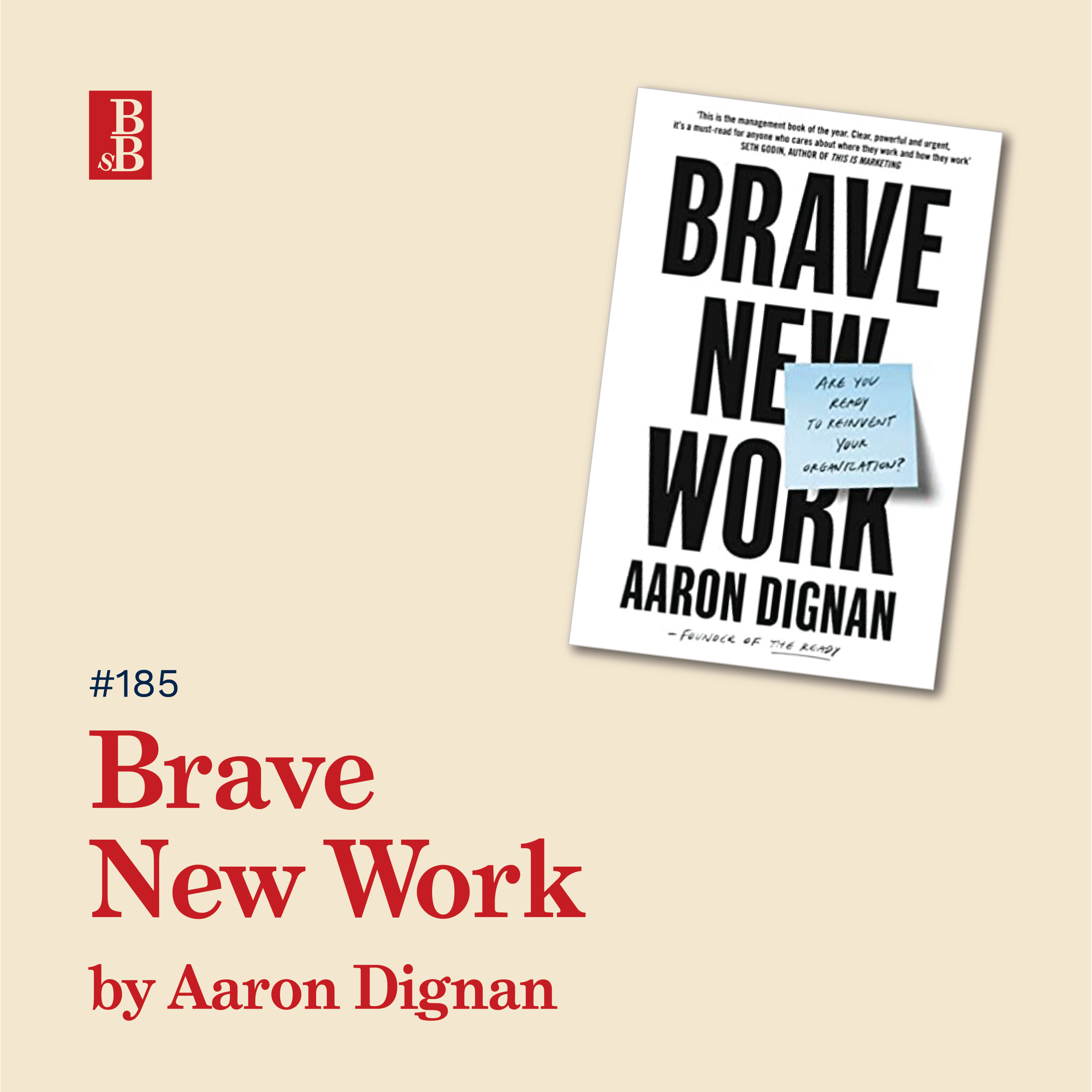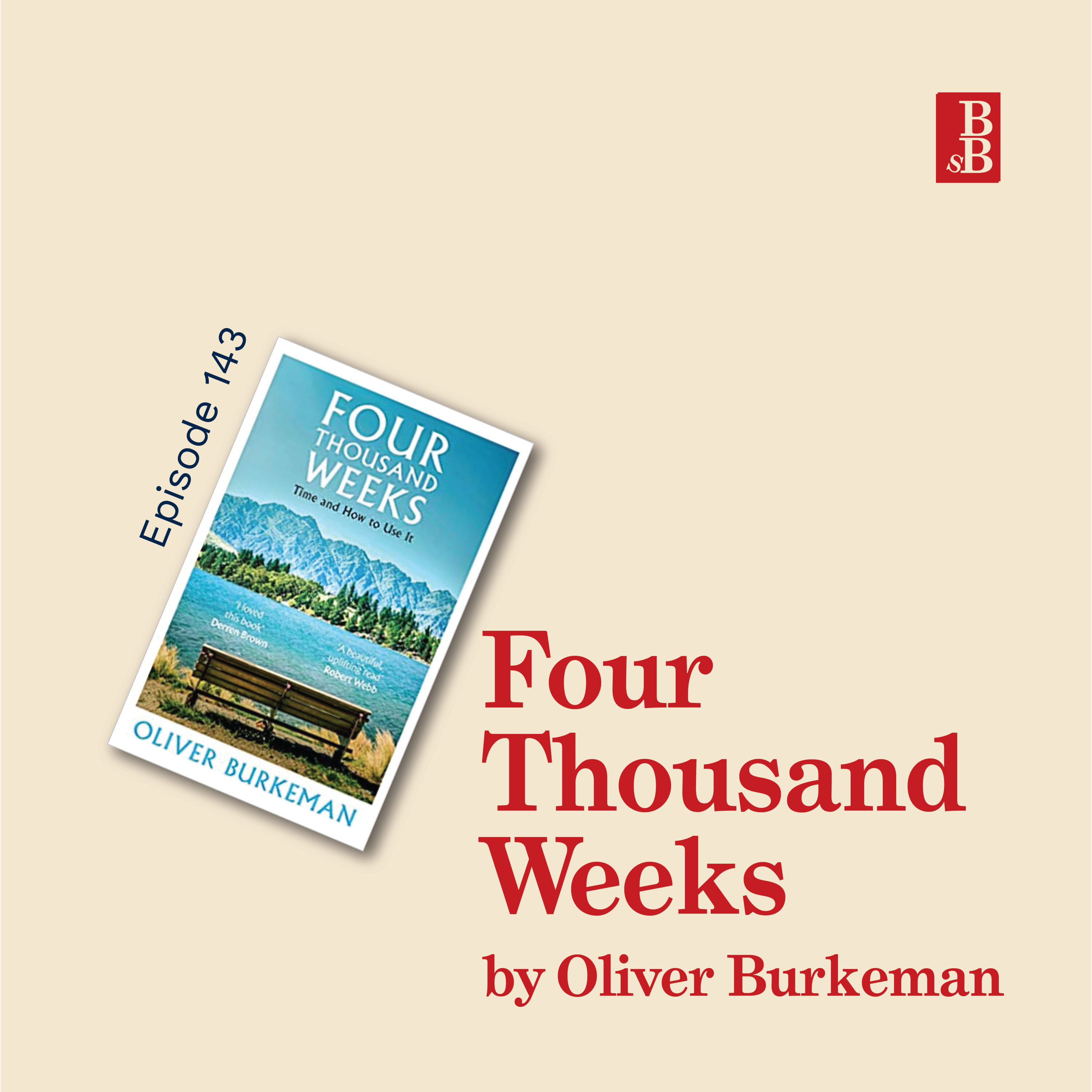Feck Perfuction by James Victore: be more weird
About the author
Highly regarded for his provocative style, James Victore is a graphic designer, art educator and dynamic high in-demand speaker on creativity. He lectures and teaches regularly around the globe, inspiring people to illuminate their individual gifts in order to achieve personal greatness.
Raised in upstate New York, James moved to New York City when he was 19 years old and by age 23, after dropping out of two different colleges, he became an apprentice to noted book-jacket designer Paul Bacon. It was with Bacon that Victore found his voice as a designer and he began to take charge of his own education and career as a self-taught artist and designer.
Described as “part Darth Vader, part Yoda,” James is widely known for his timely wisdom and impassioned views about design and it’s place in the world. As well as founding his own design studio in 1990, James taught at the School of Visual Arts in New York City.
Victore’s posters have been exhibited at the Museum of Modern Art in New York, and are in the permanent collections of the Palais du Louvre in Paris, the Library of Congress in Washington, D.C., the Design Museum in Zurich, and the Stedelijk Museum in Amsterdam.
Source: https://www.jamesvictore.com/about
About the book
“Feck” is the creative tool kit that you need in your life. It is about living and creating freely, without the stress of others expectations or even your own thoughts about being perfect. 80 chapters of inspiration and thoughtful practices. Order more copies! You need this book, but so do your co workers or your partner or mom or your college kid, heck, buy one for your boss!
Source: https://www.jamesvictore.com/get-inspired
Big idea #1 — Be weird
There’s a whole section of this book about being yourself about embracing your childhood weirdness, using creativity, having an opinion, and not fitting in.
James uses the analogy of ‘letting your light shine’, like in the gospel song ‘this little light of mine’, but we often don’t do that because it’s both too easy and too hard.
We forget how to be creative as we get older and how at some point the weirdness that we have as kids becomes a target rather than an asset. And so the hiding and the morphing into the being the same as everyone else begins.
For most of us, this starts at home (chapter one is actually called ‘your parents were wrong’, a strong way to start any book). We’re often presented with predefined pathways as options of what we can be when we grow up, which is obviously a horrible question to ask anyone, never mind a child. And these offered pathways are usually quite narrow.
James says that whatever we want to be, be it an accountant or an artist, or a songwriter or an engineer, you should be yourself, have an opinion, and do it your way.
Big idea #2 — The first rule of business: fun
Without fun, you are merely one of the working dead.
Without the fun, all of the hard work will be much more painful, and longevity will be much harder to maintain.
Fun allows us to test innovate, make mistakes and stay curious. It allows us to bring our personality into our products and services, which ultimately is what people love. People are drawn to products and services that have some character and some personality to them.
This doesn’t mean it won’t be hard. James isn’t painting this overly perfect or overly saccharin view of what life or work will, or should, be like. He talks a lot about quality and skill, there’s a whole section on sharpening the axe and building and maintaining your skillset. He talks about doing the work, even when you don’t feel like it, and the importance of having a plan. But having fun and making yourself happy first makes all of this possible.
After all excitement breeds, excitement.
Big idea #3 — Feck Perfuction
Nobody’s perfect, even you, and it’s easy to make a myriad of excuses or ‘big buts’ as James calls them to slip into comparisonitis, have shaky boundaries, or underselling ourselves by not asking for enough or by too much self-deprecation.
Building solid habits and embracing an action focused approach to work, experimentation, and mistake making means we can make things happen.
He mentions a Buddhist parable, that the second arrow comes from our own hands. The first arrow that hits us might be something going wrong; your car breaking down, the train being delayed, someone criticizing you. But the second arrow comes from our own hands; we then berate ourselves, we let that thing that happened to us ruin our whole day or a whole week, rather than just letting it go and choosing to react in a way that’s more productive. We get to choose whether to fire that second arrow into ourselves.
James says we need to embrace the flaws. We need to turn them into features or strengths, and let go of the judgment of ourselves and others and get on and make something happen.
Support my book habit: https://www.buymeacoffee.com/stephsbookshelf
See omnystudio.com/listener for privacy information.
Hey, have you subscribed to the bookmark newsletter? If you liked this, you might like my twice-monthly email with book reviews and ideas of what you should be reading, and listening to, next. Click here to subscribe.

















